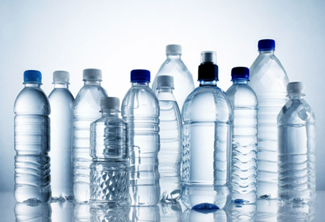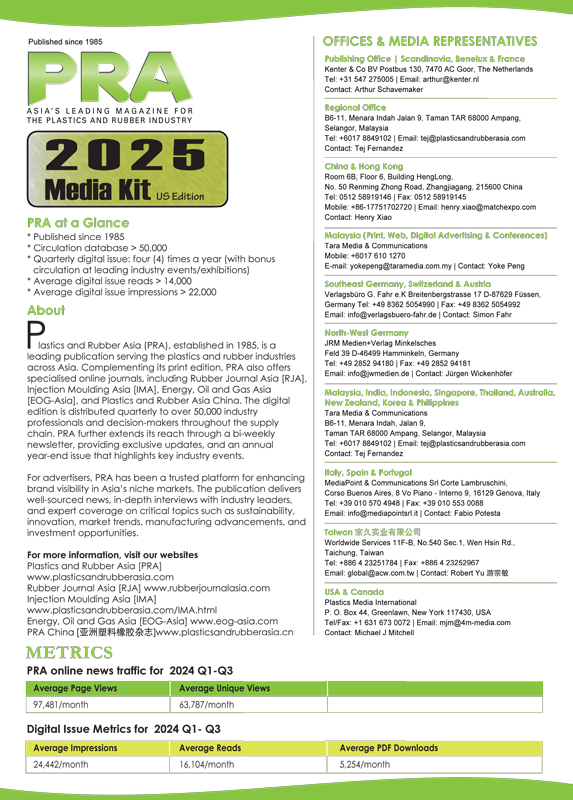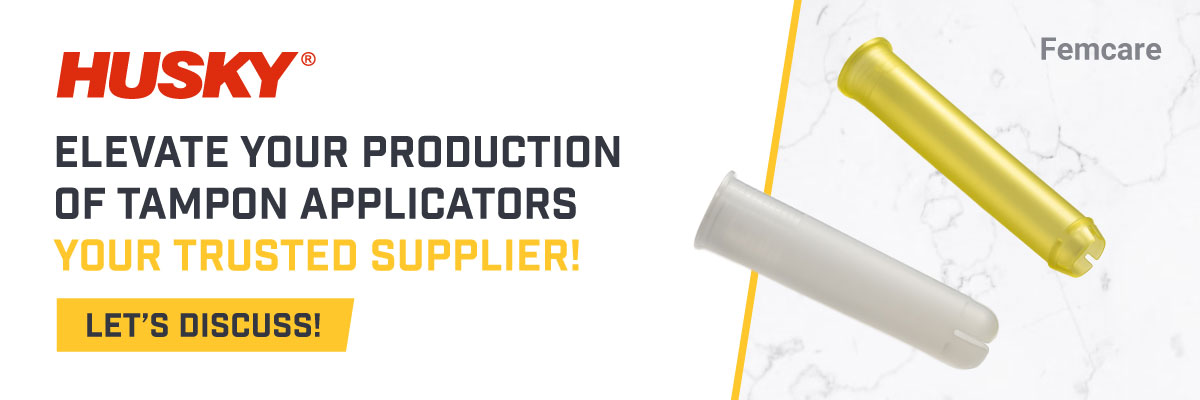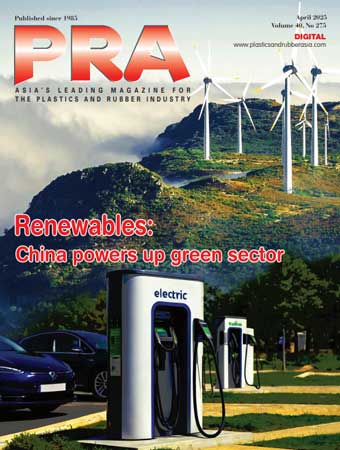US imposes full tariffs on PET/rPET from Asia; suppliers may seek new markets

In what is said to be a major turn in trade policy, the US has officially imposed full tariffs on imports of PET and rPET from Southeast Asia. The decision, announced through an Executive Order signed by President Donald Trump, removes previous exemptions that allowed duty-free access for these materials that were imported from Asian countries, according to a report by S&P Global.
According to a document released by the White House recently, HS codes 3907.61.00 and 3907.69.00, which cover various forms of PET including recycled material, have been added to Annexure 1 of US tariff regulations.
Nevertheless, the decision has caught many in the trading community by surprise, as rPET was previously expected to remain categorised under Annexure II, which imposed no tariffs. The policy change is considered “devious” as rPET does not have a separate HS code and shares the same classification as virgin PET.
This move is also said to be part of a broader strategy to address what Trump’s administration has referred to as a “national emergency stemming from the US trade deficit and nonreciprocal trade practices”.
The revised tariff framework was put in place to strengthen domestic supply chains, protect American industries, and encourage reshoring of manufacturing, it said. It also comes against the backdrop of the US domestic PET prices having dropped to a 15-month low of 50 cents per pound for recycled clear flakes.
Meanwhile, traders and exporters from India, Indonesia, Thailand, and Vietnam are said to be reporting significant disruptions to their operations, with some resorting to rerouting their cargo to Europe instead, while others predict demand for Southeast Asian rPET will decline substantially.
The policy change is expected to reshape global PET trade flows, with Asian exporters likely seeking alternative markets while US buyers may turn to domestic sources or suppliers from countries with preferential trade agreements, say industry analysts.
The impact may be most severe for India, which could face tariffs as high as 50%. India was slapped with an additional 25% duty by Trump, taking total tariffs to as much as 50%, among Washington's highest, in retaliation for the country’s increased buying of Russian oil.
Exporters hit by tariffs are expected to receive financial assistance and be encouraged to diversify to markets such as China, Latin America and the Middle East, India has stated, after a breakdown in tariff talks between the world's biggest and fifth-largest economies.
Subscribe to Get the Latest Updates from IMA Please click here
©2025 Injection Moulding Asia. All rights reserved.












